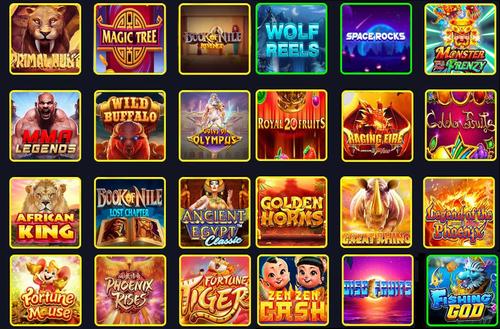
ments made in Henan | game theory gambling | Updated: 2024-12-02 04:33:18

Lucky dice often refer to dice that are believed to bring good luck to their users. This belief is rooted in the idea that the numbers rolled can influence outcomes in games, rituals, and even life decisions.
## 2. Types of Lucky DiceThere are several different types of dice that are considered lucky. Here are some of the most popular ones:
### 2.1 Traditional Six-Sided DiceThe classic six-sided dice, known as D6, is the most common form. Many people believe that specific numbers, like three or seven, are more "lucky" depending on cultural beliefs.
### 2.2 Specialty DiceSome dice are designed for specific purposes, such as the polyhedral dice used in tabletop role-playing games. These often include D4, D8, D10, D12, and D20, each carrying its own set of beliefs regarding luck.
### 2.3 Custom Lucky DiceCustom dice, often engraved with symbols or unique designs, are sometimes considered lucky charms. Gamers might choose these because of personal significance, ensuring they always have good fortune on their side.
## 3. Cultural SignificanceThe significance of lucky dice varies significantly across different cultures:
### 3.1 In Western CulturesIn many Western societies, rolling a seven is often considered a sign of good luck. Games like craps heavily rely on this belief, influencing players' strategies and decisions.
### 3.2 In Eastern CulturesAsian cultures have their own beliefs surrounding lucky numbers. For example, in Chinese culture, the number eight is regarded as the luckiest number due to its pronunciation, which sounds similar to the word for "prosper." This cultural reverence often translates into the creation of custom dice featuring the number eight prominently.
## 4. The Evolution of Lucky DiceThroughout history, dice have seen various materials and designs, from ancient bone and ivory creations to modern synthetic variations. Despite the changes, the fundamental belief in luck has remained constant.
### 4.1 Ancient BeginningsDice are believed to date back at least 5,000 years. Initially used in divination and fortune-telling, their purpose evolved to include gaming and gambling—further intertwining luck and skill.
### 4.2 Modern UsageToday, lucky dice are prevalent not only in gaming but also in various rituals and cultural practices. Gambling enthusiasts frequently carry "lucky" dice to casinos, hoping to gain a competitive edge through psychological comfort.
## 5. ConclusionWhether rolled during a casual game night or included in significant life rituals, lucky dice hold a special place in human culture. They represent our desire for control over chance and the hope for fortune to smile upon us. As we continue to enjoy games and activities involving dice, their mysterious aura of luck will likely remain intact. So next time you roll the dice, consider the rich history and cultural significance behind what lies beneath their surface.
**Word Count:** 522 Words
